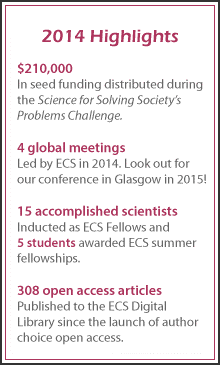A new analysis of 140,000 scientific papers has recently been released, suggesting that studies with shorter titles are more often cited than those with long titles. The reason? Papers with shorter titles may be generally more concise and easier to comprehend.
The analysis began by looking at 20,000 of the most highly cited scientific papers published from 2007 to 2010. Each year consistently showed that papers with shorter titles received more attention.
This from Popular Science:
The situation gets more complicated, though, when you take journal rankings into account. Papers published in more prestigious journals tend to get more citations. Once the authors controlled for that factor, the correlation between shorter titles and higher citations only held up for the years 2007 to 2010. But the results do show that, overall, journals that publish papers with shorter titles tend to receive more citations per paper.


![As title length increases, the number of citations typically decreases. [Click to enlarge]](https://www.electrochem.org/wp-content/uploads/2015/08/title-vs-popularity-300x221.jpg)
